The First Amendment outlines freedom of speech and expression as one of the most important characteristics of American society. It protects everyone’s right to use their voice. And, time and time again, it has been asserted that there is no age limit to that power. Court cases such as Tinker vs. Des Moines*, for example, outlined student freedom of expression after students were criticized for wearing black armbands in protest of the Vietnam War.
Yet, the First Amendment is still a complicated subject in schools. Students hold a right to freedom of expression and speech, though many districts have strict anti-discriminatory and anti-bullying policies. While both of these are crucial to students having a safe and positive school experience, as well as encouraging students to use their voices in a positive way, there are still many cases where the line between a positive and negative use of words can become very muddled.
And this year, one of these complex situations emerged at Centaurus.
As the Senior Powderpuff team sat in front of the Senior section at the Homecoming assembly in September, they were approached by administration with a roll of blue tape. Admin told the Jewish team members cover the term “Jew #…”, which they had written on the back of their shirts.
This action, which is representative of the bigger issue considering the use of names for minority groups, has sparked debate over whether it was an appropriate ask of admin or an appropriate thing for the Jewish Powderpuff boys to inscribe on their shirts.
In this situation, it is necessary to note the historical implications of the term Jew associated with a number. During the Holocaust, Jewish people were numbered when they were sent to internment camps. Thus, the controversy over the Powderpuff team lies in their association of the term Jew with a number, and its connotation.
The intention of administration was rooted in the idea of preventing antisemitic ideologies being spread at Centaurus. When asked about the reasoning behind admin’s ask of the Powderpuff team, Ms. Carroll, Centaurus’ principle, released this statement:
“Before I could allow students to have the term “Jew” on their shirts, I had to understand why they wanted to write that, or what their intention and/or message was. When I discovered it was pride in their community, the students were allowed to write the word on their shirts if it was used as a noun to describe them, and if they wanted, they could say, “proud to be Jewish” too. What we didn’t allow was the use of the word “Jew” as a verb, which is derogatory, or the word “Jew” associated with a number (some shirts said Jew #_) due to the historical impact that numbers have on our Jewish community, especially if they had family that was impacted directly from the Holocaust. It is not just how they, the students, feel but also how the community is impacted. BVSD’s Board Policy JRDC clearly prohibits expression that depicts hate speech, intimidation or intolerance toward protected groups. After some consultation with members of the community, Mrs. Davidson spoke with the students about alternative ways they could express themselves. We respect and honor that students have First Amendment rights to free speech and expression in public schools, but there are some limits to that right. Schools can and are expected to prohibit speech that substantially disrupts the school environment or violates the rights of others. I think the school was able to protect the students’ right to use the term Jew as a statement of pride and protect the interest of our community too.”

While members of the Powderpuff team understood where admin was coming from, they did not agree with their assessment of the situation. For them, writing what they did was a mark of pride.
One member of the team who wished to remain anonymous explained that it was a tradition for the Jewish members of the Powderpuff team to write “Jew” on their shirts. It was where the team first got the idea.
Another anonymous student agreed, explaining that last year the cheerleaders on the Powderpuff team put the term Jew #__ on their shirts. They did not learn it was an issue until the end of the year.
When the team members were first approached about the issue, it was at their homecoming performance. The student felt the reactions of admin were overbearing: “It wasn’t like we were putting Jew #126 on our shirts, it was just random numbers and we thought it was fun […] they wanted to have us talk to the vice principal […] I just felt like I didn’t want to go through all of this just because I wrote ‘Jew’ on the back of my shirt.”
He also described when the students were told they were not able to have this on their shirts: “During the assembly, [redacted], came over and began putting tape on the back of people’s shirts to cover it.”
“The whole thing just feels like an overreaction,” He concluded. “I understand people being sensitive to the Holocaust, but the people being sensitive are not Jewish […] We are Jewish […] After the assembly, we all went into the locker room and took a picture of us smiling while pointing at [our shirt]. We were all proud of it, we weren’t ashamed. I guarantee if we wrote Catholic or Christian #1, we wouldn’t get any [pushback].”
Topics such as this one can be quickly convoluted, especially when they take place in schools. It is necessary to question individual limitations of freedom of speech in educational settings where hundreds of students from different backgrounds and with different perspectives on matters are gathered. It can be challenging to balance student protests and encourage a safe environment simultaneously.
In addition, events such as this spread into the community. Parents and other community members also need to have a positive and safe experience with a school. It should be noted that we pursued interviews with other members of the Jewish community in Lafayette, but were unable to set up meetings. Their voices are just as important in considering the events of the Powderpuff performance. Centaurus is a cornerstone of the Lafayette community.
For these reasons, it is often far more difficult to exercise rights of freedom of speech in the school setting.

BVSD explores the extent to which students can legally express themselves and their opinions in its JRR Policy. Students have the right and are encouraged to practice their constitutional rights at school, as long as it is performed in a peaceful manner. But students are also responsible for respecting all members of the school and the greater community. They cannot coerce anyone, violate the rights of others, or participate in bullying or discrimination. Authority figures within schools have the right to maintain control or use discipline if a student is not using their rights in a positive manner.
In the case of the Powderpuff game, students expressed themselves; administrators, knowing that the students’ words could appear as harmful, chose to have the students cover up their shirts.
It is incredibly important to understand, beyond all of this, that students have the right to share their voices. But freedoms are not unlimited at schools, and schools are not always the appropriate location to do this.
Still, students should not be discouraged from celebrating what they have to share with the world, because their voices matter, and they have the power to use them.
For more information on student rights, explore the Boulder Valley School District JDC Policy and JRR Policy.
*The case Tinker vs. Des Moines outlined the freedom of speech for students within educational spaces. In an effort to protest the Vietnam war and call for a truce, 5 children wore black armbands to school. The principal of Des Moines, a school several of the students attended and were planning to wear armbands too, adopted a rule describing that any student wearing an armband would be asked to remove it and in the case they refused, their consequence would be suspension.
According to the official US reports on the case, the court ultimately ruled, “In wearing armbands, the petitioners were quiet and passive. They were not disruptive and did not impinge upon the rights of others. In these circumstances, their conduct was within the protection of the Free Speech Clause of the First Amendment and the Due Process Clause of the Fourteenth.”
Sources:
https://tile.loc.gov/storage-services/service/ll/usrep/usrep393/usrep393503/usrep393503.pdf




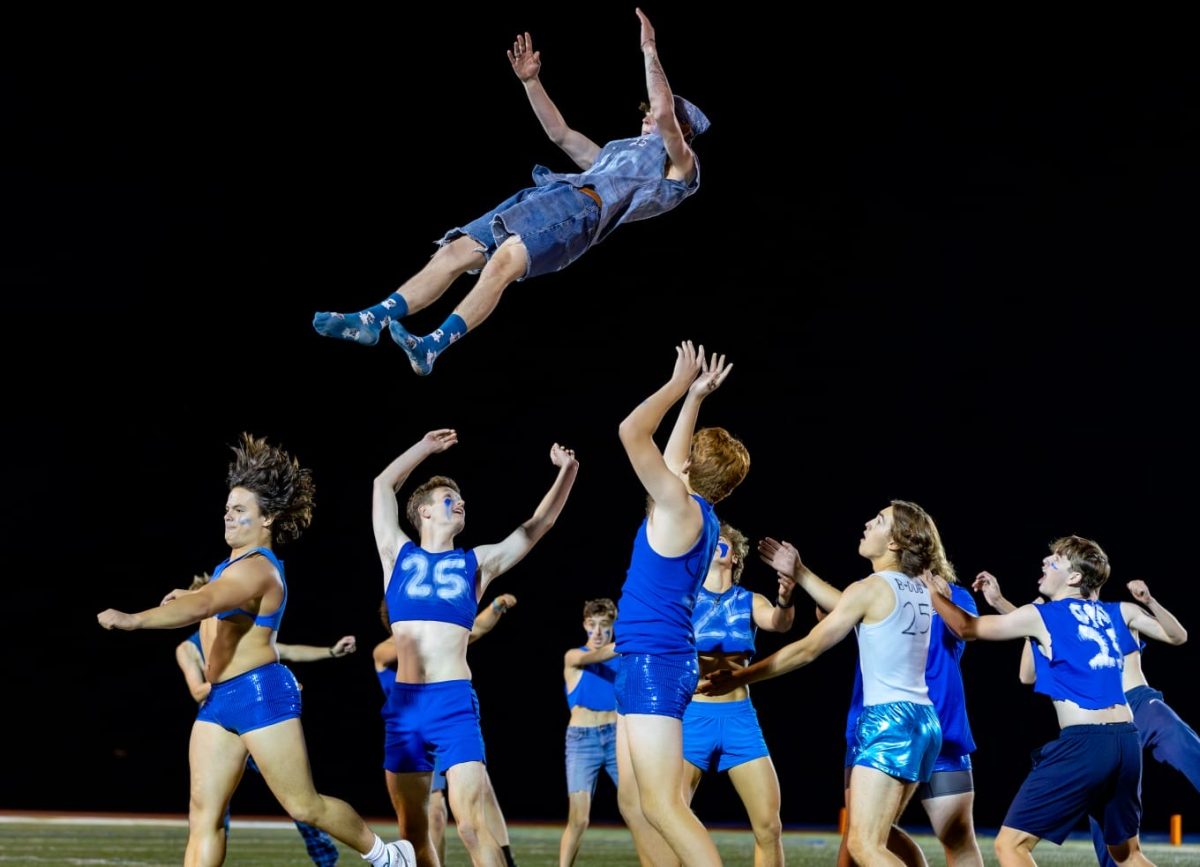
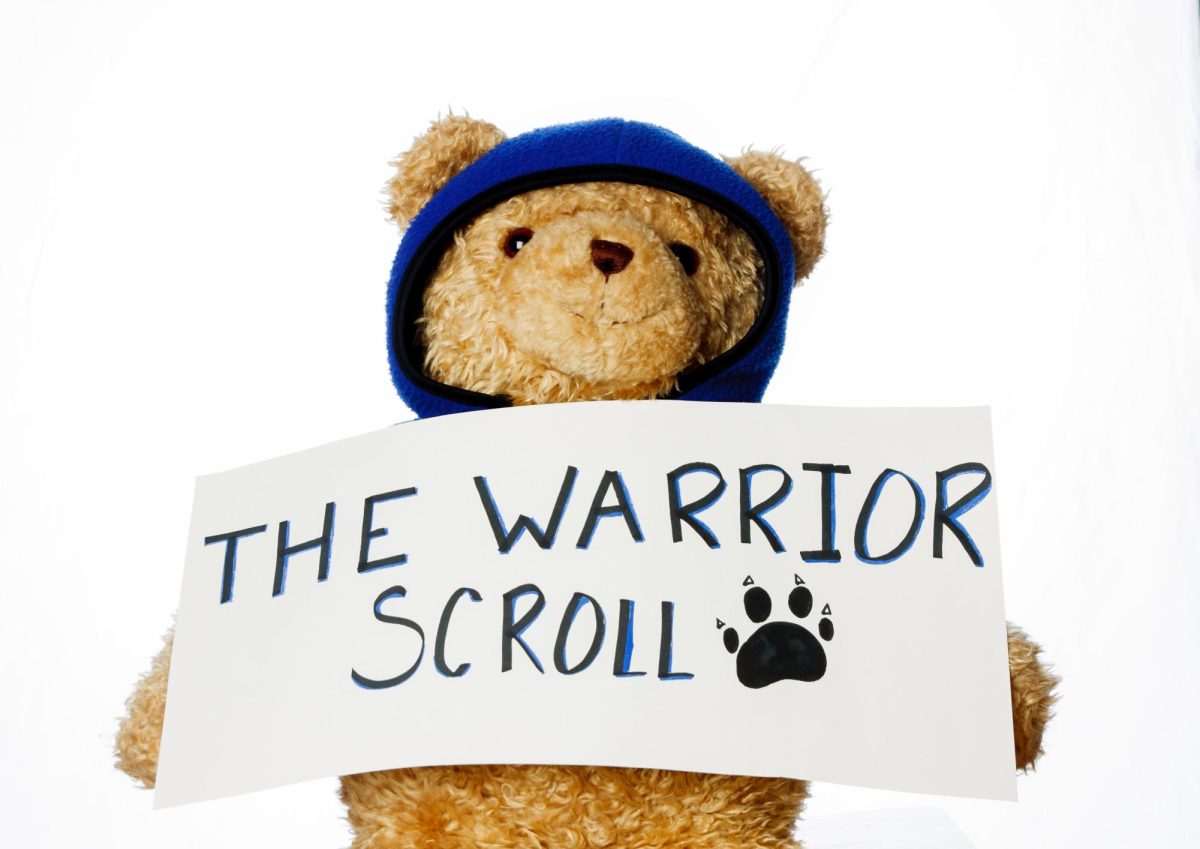


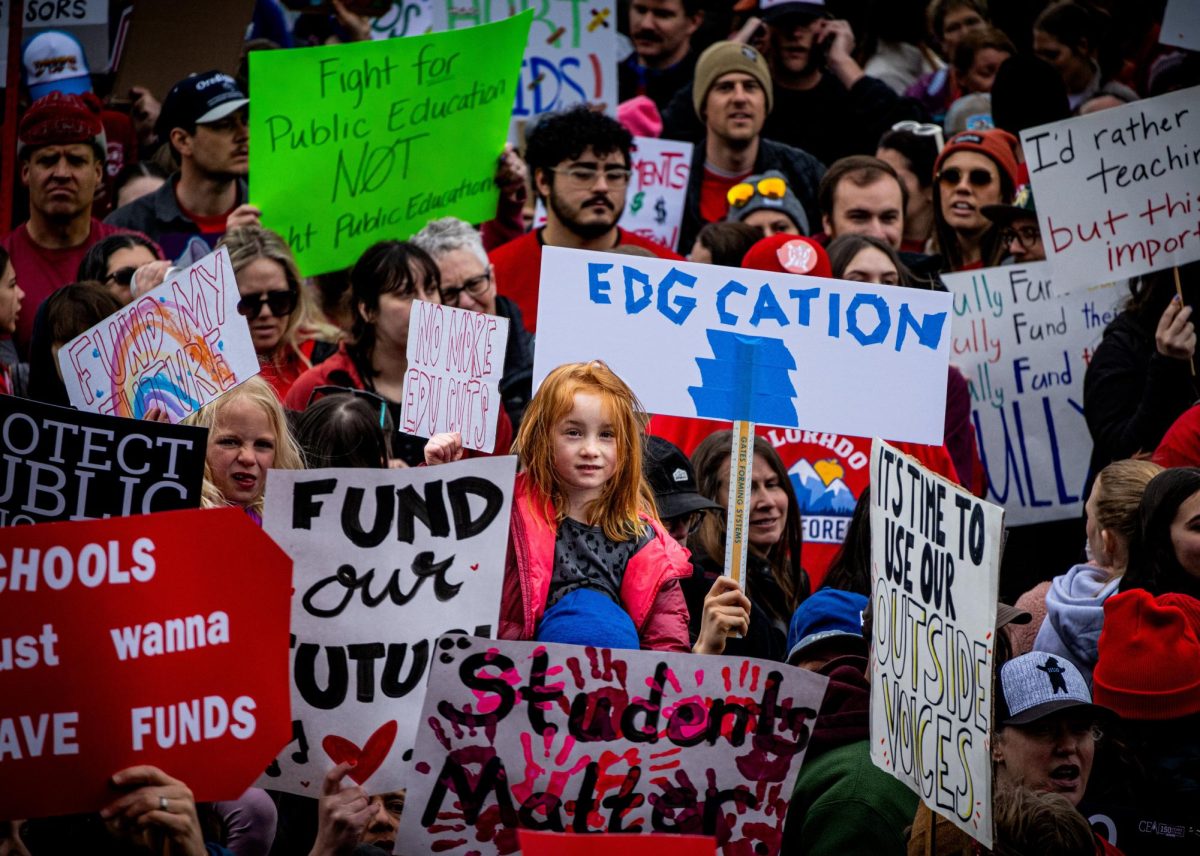
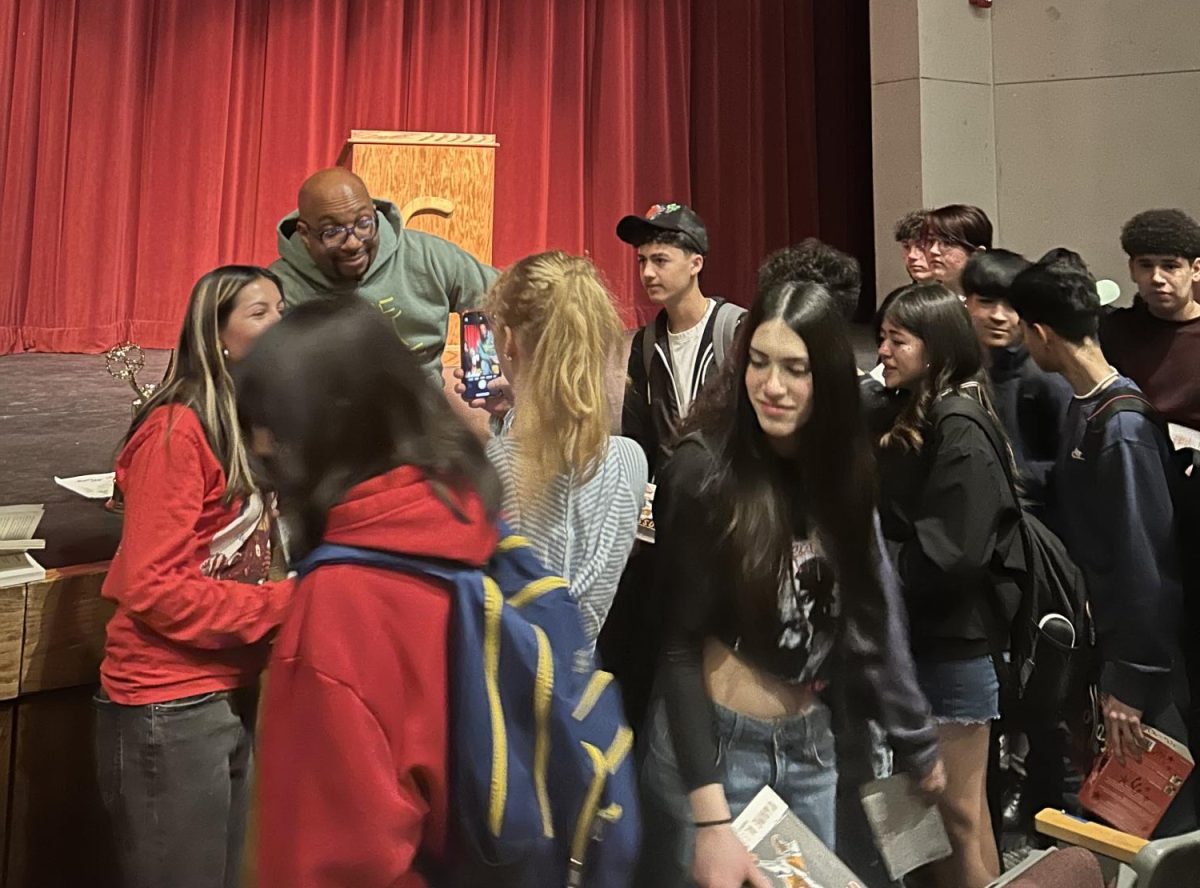

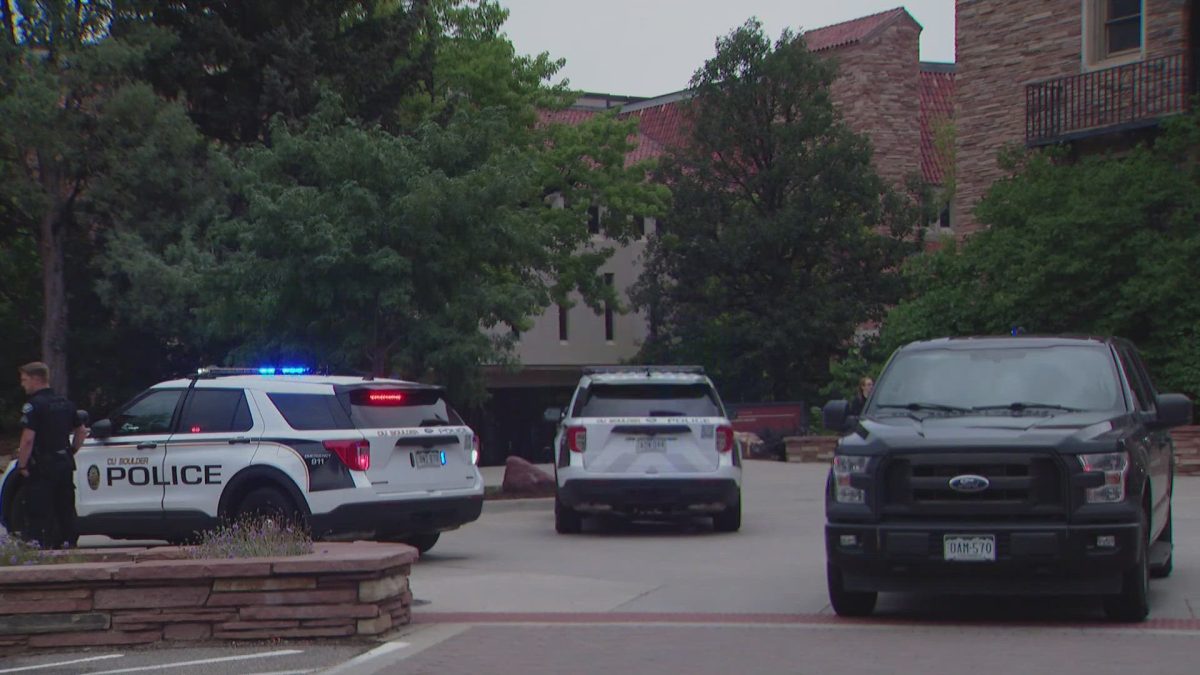

![Zordan, E. (2025). Gillian Murphy. [Photograph] The New York Times.](https://chswarriorscroll.com/wp-content/uploads/2025/10/unnamed-1200x1200.png)





Kyla Powers • Nov 22, 2024 at 3:25 pm
Such a thought-provoking topic and powerful writing.